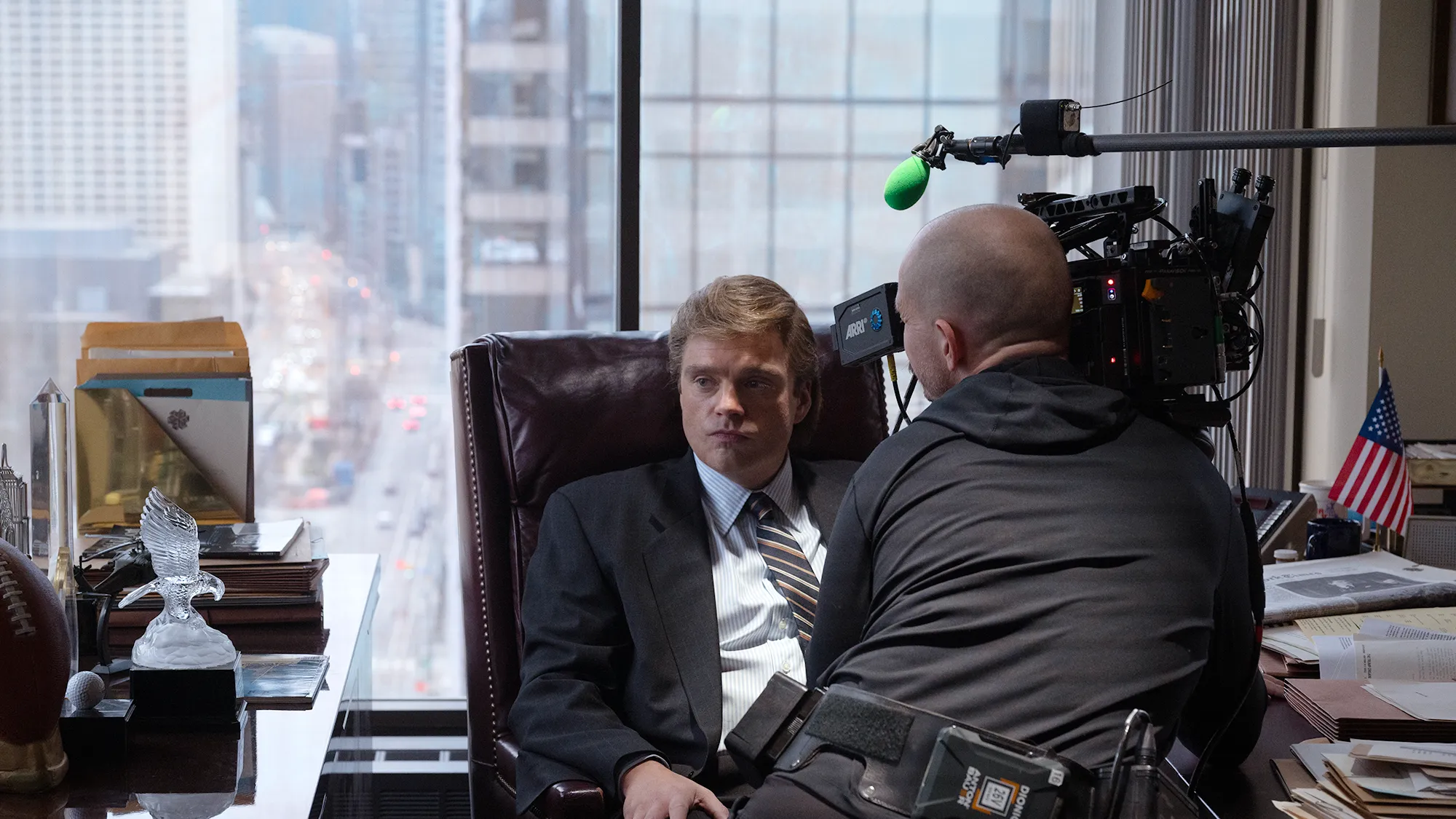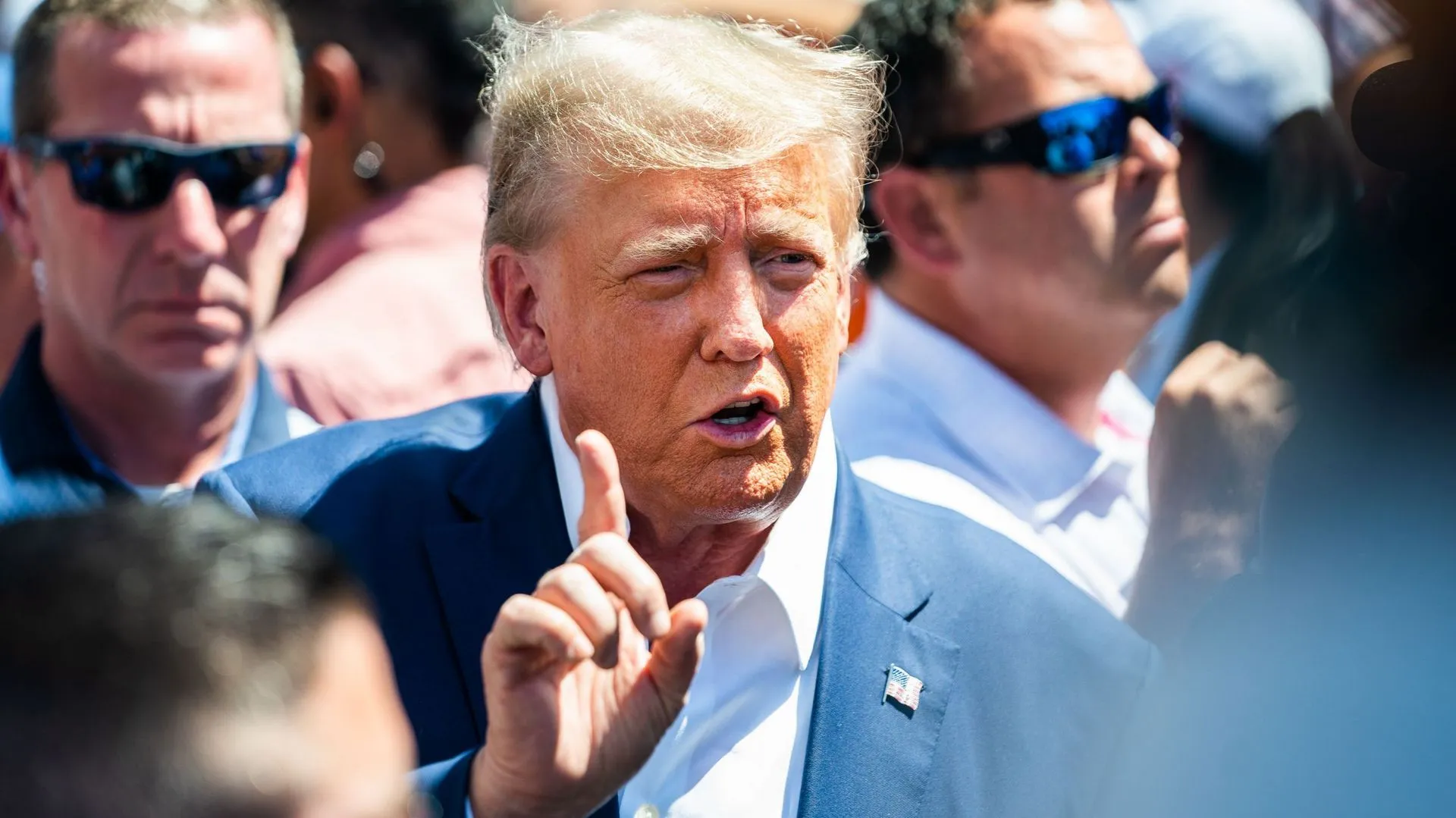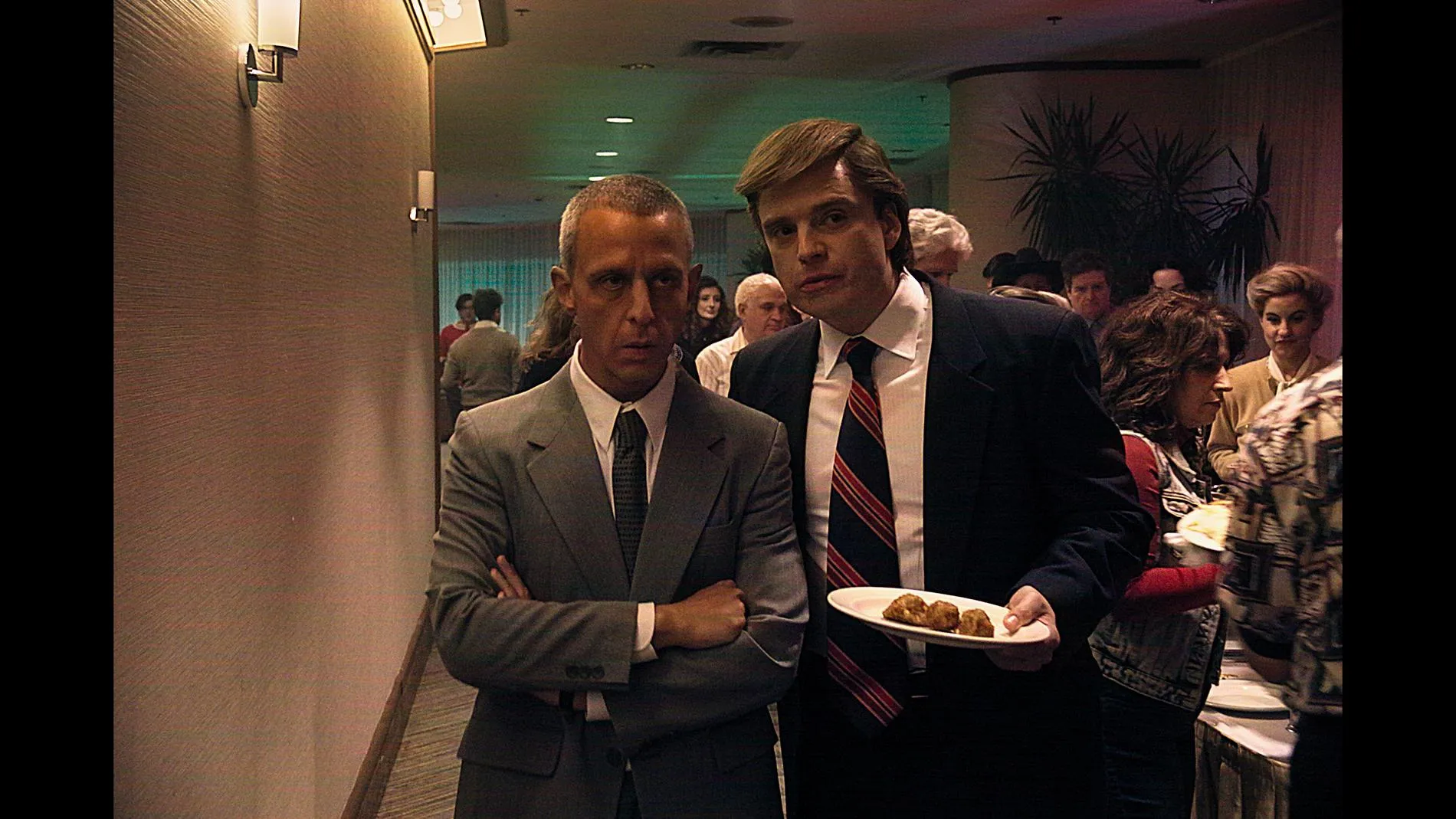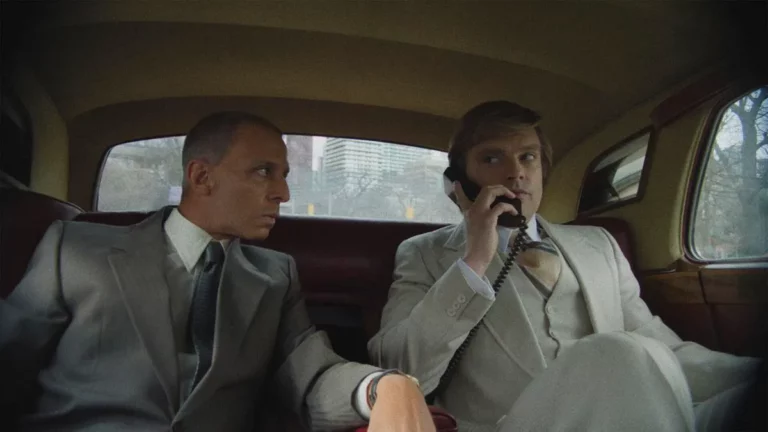In an era marked by political tension and cinematic daring, “The Apprentice,” a film exploring the early exploits and ascension of Donald Trump, commanded both public and critical attention upon its release. Directed by Ali Abbasi and starring Sebastian Stan as Trump, the film arrived in theaters on October 11, 2024, amidst a storm of controversy and speculation. Its timing, just before the US Election, sparked debates about its potential influence on voters, making it a focal point not only for cinephiles but also for political analysts.

Trump’s Camp Reacts to the Cinematic Portrayal
As soon as “The Apprentice” hit the big screens, it ignited a flurry of reactions, especially from Trump’s camp. Steven Cheung, Trump’s campaign spokesperson, vehemently criticized the film, labeling it “pure fiction” and equating it to “election interference by Hollywood elites.” This pushback from Trump’s legal team highlighted the contentious nature of the film’s portrayal of the former president, underscoring the divide between Hollywood’s creative liberties and political realities.
Director Ali Abbasi’s Vision: Drawing Parallels with Richmond Barry
The most striking aspect of Abbasi’s direction is his comparison of Trump’s character arc to that of Richmond Barry from Stanley Kubrick’s “Barry Lyndon.” This 18th-century tale, known for its exploration of ambition and downfall, mirrors Trump’s own tumultuous journey through the echelons of power. In a candid interview with Indie Wire, Abbasi shared his insights, noting the similarities between Barry’s blind ambition and Trump’s relentless pursuit of power. “There’s something very striking about the rise of Redmond Barry and his downfall,” Abbasi remarked, “he doesn’t have a clear ambition. He just wants to ascend. He’s a climber. And that’s the way I felt about the young Donald.”

This narrative choice not only enhances the film’s dramatic appeal but also enriches its thematic depth, drawing a parallel that suggests a universal pattern of rise and fall, transcending time and place.
Exploring the Character’s Complexity Beyond Simple Biographical Details
Abbasi’s approach to storytelling eschews traditional biographical storytelling in favor of a more nuanced exploration of systemic manipulation. “What I love about ‘Barry Lyndon’ is that instead of going into his childhood and saying his dad was tough and his mom was lovely, it’s more about the system,” Abbasi explained. This perspective is mirrored in “The Apprentice,” where the focus is on how individuals like Trump and his mentor, Roy Cohn, navigate and manipulate the political and legal landscapes to their advantage.
The Continuing Saga of Donald Trump
While Kubrick’s Barry ultimately faces downfall, the saga of Donald Trump, as depicted in “The Apprentice,” remains ongoing. This distinction underscores the unpredictability of real-life figures versus fictional characters, providing audiences with a complex portrayal that invites reflection on ambition, power, and consequence.

As “The Apprentice” continues to resonate with audiences, it serves as a reminder of cinema’s power to reflect and critique societal and political dynamics. Whether seen as a direct commentary on Trump’s political career or as a broader allegory on the nature of ambition, the film ensures that the conversation about its real-world implications is far from over. This engagement not only underscores the film’s immediate impact but also solidifies its place in the discourse surrounding political power and its portrayal in modern cinema.
